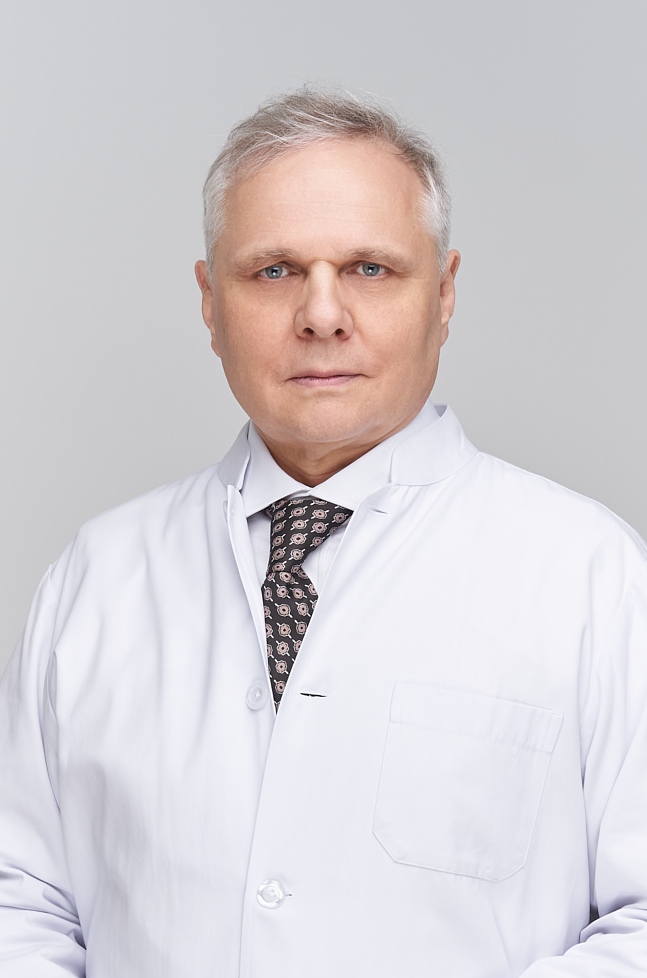
Following the international therapy recommendations for depression therapy set by the World Federation of Societies of Biological Psychiatry (WFSBP) summarizing evidence-based therapeutic strategies, a thorough diagnostic assessment by a specialized medical professional is crucial.
These therapy recommendations systematically assess evidence for treating major depression. They offer meaningful clinical recommendations. Physicians treating these conditions should use them. Data come from treatment recommendations, meta-analyses, and Cochrane Library searches.
This assessment is based on four fundamental elements in the overall treatment of depressive episodes, taking into account clinical factors like symptom severity, disease progression, and patient preferences (watchful waiting, medication, psychotherapeutic treatments, combination therapy).
Maintaining medication adherence is crucial for the success of maintenance therapy for depression. Therefore, establishing a strong therapeutic alliance and providing education to both patients and their families are fundamental aspects of psychiatric care. These educational efforts should cover various topics, including the typical course of the illness, treatment options, medication effects and potential side effects, the use of daily self-report instruments to monitor mood and early signs of relapse, long-term expectations, and the eventual conclusion of treatment.
When a person is struggling with depression, it can be challenging for their family to know how to provide the right support. Well-intentioned advice may not always be helpful, and it’s crucial to approach the situation with sensitivity and understanding.
Watchful Waiting
For mild depression, the “watchful waiting” approach is suitable. Treatment begins only if the condition worsens. Patients are supervised by their doctor, typically a general practitioner. The doctor assesses symptom changes during regular check-ups. If no improvement or deterioration occurs after two weeks, treatment should commence. Supportive conversations, general counselling, education about the condition, guided self-help, such as through self-help books or online programs, and problem-solving approaches can be offered initially before considering medication or psychotherapy.
IMPORTANT: Watchful waiting is only suitable for patients with mild depression. Prompt treatment initiation is necessary for moderate or severe depression!
In summary, mild depression can resolve without intervention, but consulting a healthcare professional is wise. Various treatments, including psychotherapy and medication, are available for more severe cases. Watchful waiting is an option for mild depression, but prompt treatment is crucial for moderate or severe depression. Each individual’s journey to recovery is unique, and seeking help is the first step towards healing.
When to Treat Depression with Psychotherapy?
In the recommendation “Unipolar Depression,” the general recommendation of psychotherapy stands out, depending on the severity, either as monotherapy or combination therapy. Psychotherapy plays a highly valued role in the acute treatment of unipolar depression. A closer examination of criteria and circumstances for practical application is essential.
Numerous Cochrane reviews confirm the effectiveness of psychotherapy. Following psychotherapeutic approaches are validated in depression treatment:
- Cognitive Behavioral Therapy (CBT)
- Interpersonal Psychotherapy (IPT)
- Cognitive Behavioral Analysis System of Psychotherapy (CBASP)
- Psychodynamic short-term psychotherapies
When to Combine Medication with Psychotherapy?
Combination therapy involves using both antidepressants and psychotherapy simultaneously. This approach is employed when a single treatment alone isn’t effective or when severe depression hinders participation in psychotherapy until medication has improved symptoms.
The combination treatment is most effective for severe episodes and for severe, long-lasting depression. This approach harnesses the advantages of both methods – fast medication effects and improved understanding of symptoms and life management.
For individuals with moderately severe depression (2 main symptoms and 3-4 additional symptoms), either psychotherapy or antidepressant treatment is suitable.
In cases of severe depression (3 main symptoms and at least 4 additional symptoms) or prolonged illness, a combination of psychotherapy and antidepressants is usually prudent. If symptoms persist or worsen, or if suicidal thoughts arise, hospitalization may be necessary. In inpatient settings, combination treatment should be initiated from the beginning.
Recommendations for Long-Term Treatment for Depression
Unipolar Major Depressive Disorder (MDD) often follows a recurrent and persistent course, posing significant challenges. Maintenance or prophylactic treatment aims to achieve three primary objectives: prevent depressive episode recurrence, reduce the risk of suicide, and mitigate the development of chronicity.
To implement effective maintenance-phase treatment, clinicians must consider each patient’s unique illness trajectory and treatment history. A key recommendation is the continuation of successful treatment for 6 to 9 months following the remission of an acute depressive episode.
While no definitive timeline exists for prophylactic therapy beyond this initial period, it becomes essential in high-risk situations. For individuals who have experienced three or more major depression episodes or have a history of frequent recurrence (e.g., two episodes within 5 years), longer-term maintenance therapy is warranted.
Several adverse prognostic indicators can predict recurrence, including residual symptoms at remission, prior longer episodes, chronicity, severe past episodes, early-onset depression, concurrent dysthymic disorder (referred to as “double depression”), relapse after medication withdrawal, recent episodes, comorbid substance abuse or anxiety disorders, and a family history of MDD in first-degree relatives.


